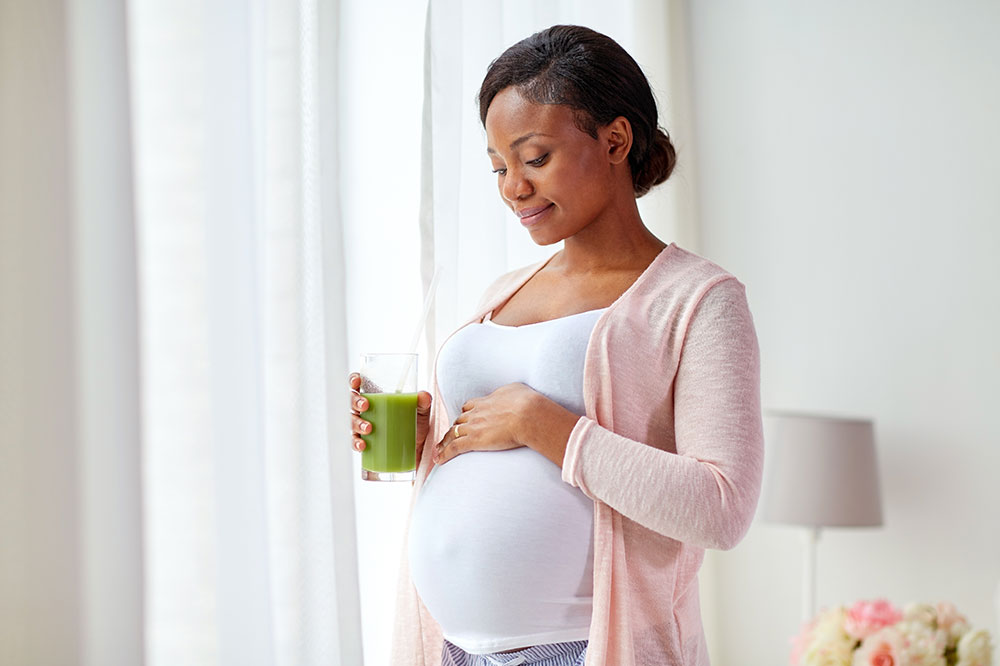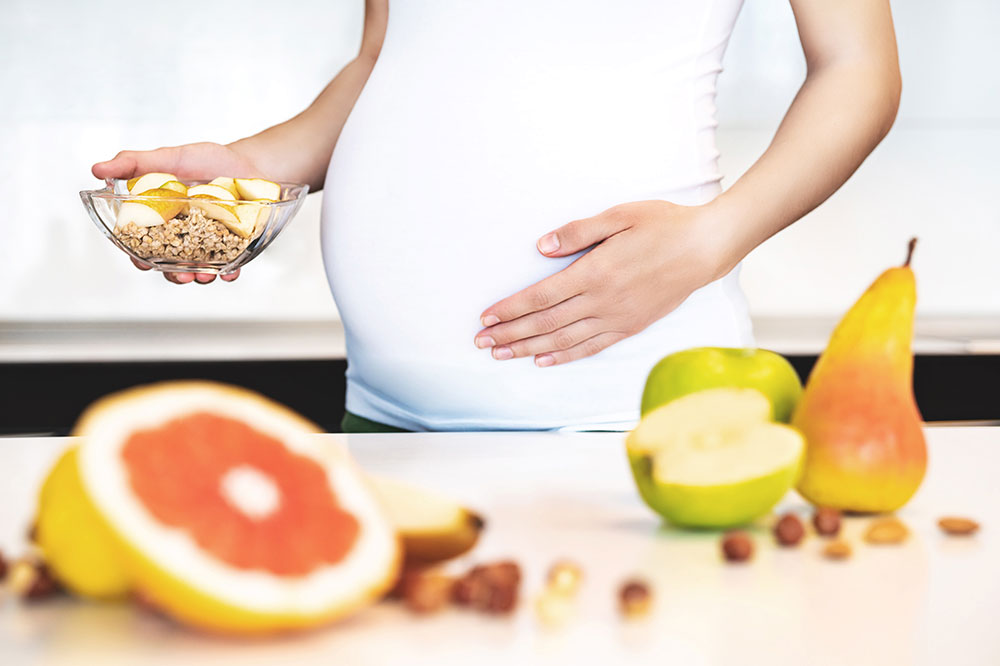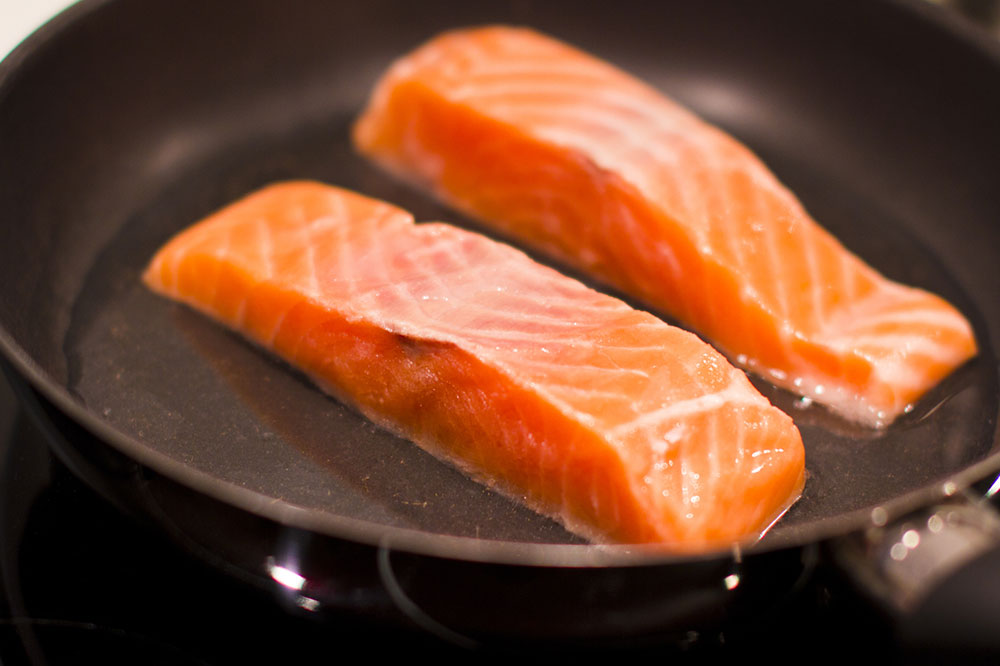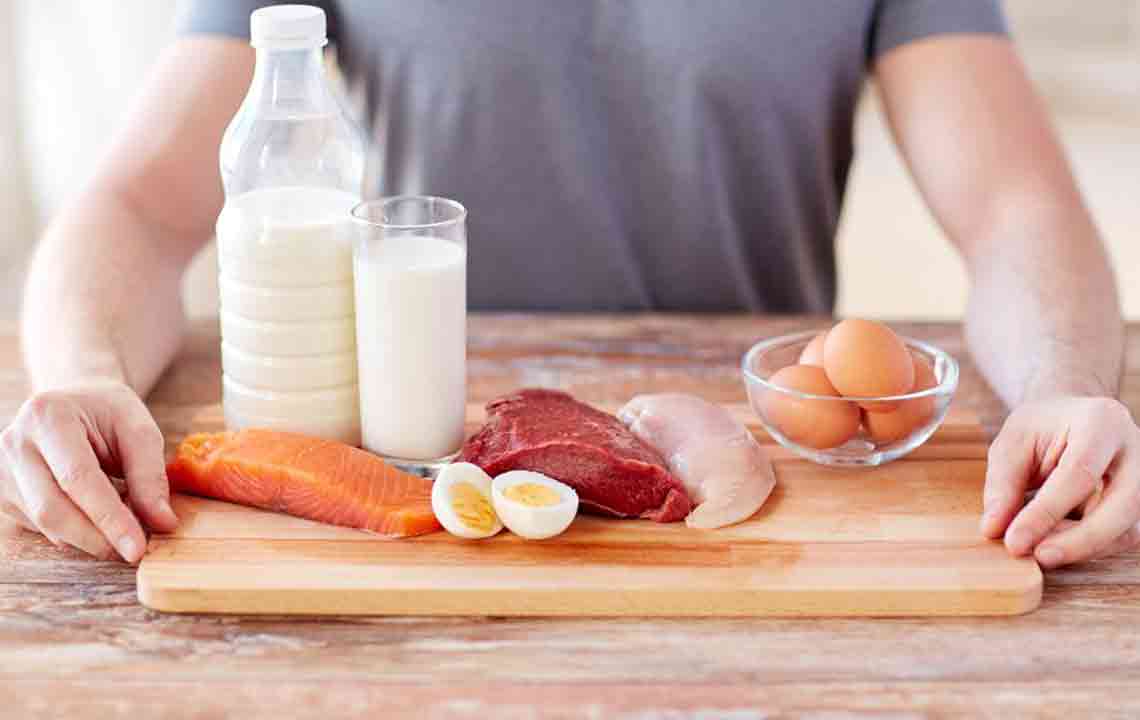Comprehensive Guide to Essential Nutrients During Pregnancy: Top Foods for Expectant Mothers
This comprehensive guide highlights the essential nutrients needed during pregnancy, emphasizing key foods like dairy, whole grains, leafy greens, and omega-3 rich seafood. It provides expectant mothers with practical dietary tips to support healthy fetal development and maternal well-being, ensuring a safe and nutritious pregnancy experience.

Comprehensive Guide to Essential Nutrients During Pregnancy: Top Foods for Expectant Mothers
Embarking on the journey of pregnancy requires careful attention to nutrition to ensure both maternal health and optimal fetal development. A well-balanced diet rich in vital nutrients not only supports the pregnant woman's well-being but also promotes healthy growth for the unborn baby. However, navigating through the myriad of available foods and determining which ones are best suited for pregnancy can be overwhelming. This extensive guide aims to detail the most important nutrients needed by expecting mothers, highlighting specific foods that can help meet these nutritional requirements effectively. Whether you are newly pregnant or approaching your third trimester, understanding the key dietary choices is integral to ensuring a healthy pregnancy.
Why Nutrition Matters During Pregnancy
The importance of nutrition during pregnancy cannot be overstated. Proper intake of essential nutrients affects the development of the baby’s organs, bones, and tissues, while also helping the mother maintain her energy levels and immune system. Inadequate nutrition can lead to complications such as low birth weight, preterm birth, and developmental delays. Therefore, focusing on nutrient-dense foods provides the foundation for a healthy pregnancy journey. Incorporating a variety of food groups ensures that both nutritional needs are met and cravings are satisfied, leading to a balanced diet that benefits both mother and child.
Key Nutrients for a Healthy Pregnancy
Calcium and Dairy Products: Supporting bone development is vital during pregnancy, and dairy products such as milk, yogurt, and cheese are excellent sources. They provide high-quality proteins, calcium, magnesium, and essential vitamins like B12 and D, which are crucial for fetal skeletal growth. Regular inclusion of dairy helps prevent maternal deficiencies that could affect fetal development.
Whole Grains and Complex Carbohydrates: Incorporating whole grains like oats, brown rice, barley, and quinoa into your diet provides dietary fiber, B vitamins, and magnesium. These nutrients facilitate healthy digestion, help manage weight gain, and supply sustained energy levels. Transitioning from refined grains to whole grains reduces the risk of gestational diabetes and promotes overall health.
Omega-3 Fatty Acids—The Brain Boosters: Omega-3 fatty acids, particularly DHA, are instrumental in promoting fetal brain and eye development. Consuming fatty fish such as salmon, mackerel, or sardines ensures an ample supply of these essential fats. Besides supporting neural development, omega-3s also play a role in reducing pregnancy-related inflammation and supporting heart health.
Leafy Green Vegetables and Colorful Fruits: Vegetables like spinach, kale, broccoli, and Swiss chard are laden with vital nutrients including vitamins C, K, A, calcium, and iron. These nutrients support immune function, blood health, and tissue growth. Incorporating a variety of colorful fruits and vegetables enhances antioxidant intake, protecting both mother and baby from oxidative stress.
Other Essential Nutrients: Iron-rich foods such as lean meats, fortified cereals, and legumes help prevent anemia, which is common during pregnancy. Folate-rich foods like citrus fruits, avocados, and legumes are crucial in reducing the risk of neural tube defects. Additionally, vitamin D obtained from sunlight exposure and fortified foods assists in calcium absorption and fetal skeletal growth.
Practical Tips for Pregnant Women
Plan balanced meals that include a variety of food groups to cover all essential nutrients.
Avoid processed and high-sugar foods that can contribute to unnecessary weight gain and gestational diabetes.
Consult with a healthcare provider or a registered dietitian for personalized dietary guidance tailored to your pregnancy needs.
Stay well-hydrated by consuming plenty of water throughout the day.
Consider prenatal supplements as recommended by your healthcare provider, especially for nutrients like folic acid and iron.
In conclusion, embracing a nutrient-rich diet during pregnancy is the most effective way to support your health and your baby’s development. Incorporate these key foods and nutrients into your daily routine to ensure a safe, healthy, and joyful pregnancy journey. Thoughtful planning and informed choices can make all the difference in promoting optimal outcomes for both mother and child.





